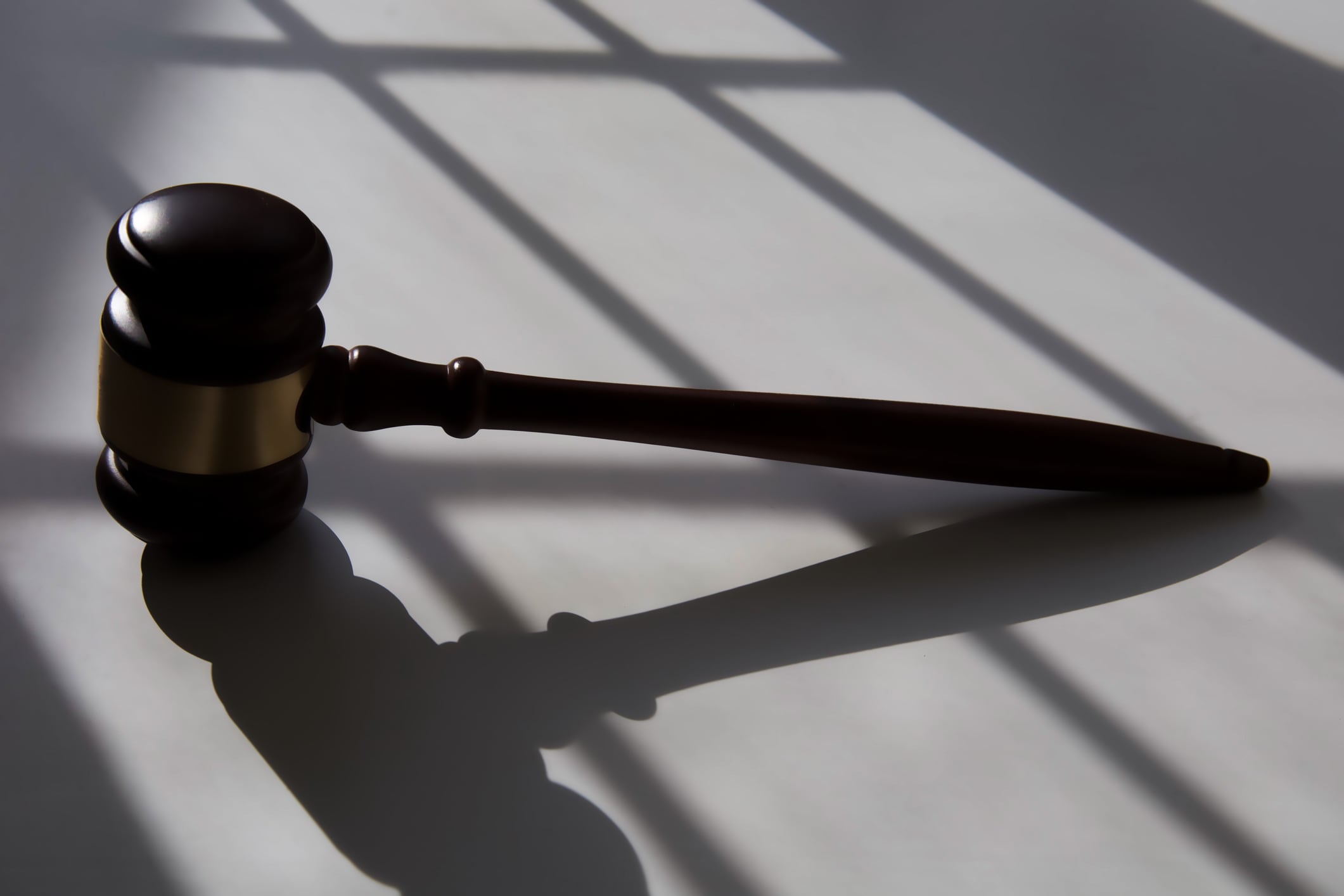A judge ruled last week that public school teachers aren’t subject to Michigan’s public information law even though they are public employees, a ruling some fear could make it easier to shield government records.
Oakland County Circuit Judge Jacob James Cunningham made the ruling in a case that centers on parent Carol Beth Litkouhi’s request for materials related to Rochester Community School District’s history of ethnic and gender studies class.
The Mackinac Center Legal Foundation filed the lawsuit on behalf of Litkouhi and plans to appeal.
In his ruling, Cunningham noted that Michigan’s Freedom of Information Act only includes school districts — not individual employees — in the definition of a “public body,” and that the law considers records public only if they are “prepared, owned, used, in the possession of, or retained by a public body in the performance of an official function.”
Litkouhi’s public records request was one of many filed statewide in recent years by Michigan parents who claimed they were concerned about how classes are taught and wanted more input in textbooks and supplementary materials.
While the Thursday ruling only applies to the Rochester case, the Mackinac Center’s Stephen Delie said it could be used to shield other records produced by lower-level government employees from the public.
The ruling may create a loophole that allows records to be deemed private as long as they are maintained by individual public employees, not the public entity, said Delie, the Midland group’s director of transparency and open government.
That could allow a police department, for instance, to argue that records are private because they are held by an employee, not the overall administration, he said.
“If this is read very, very broadly, it tremendously limits FOIA for all except state executive agencies,” Delie said.
“If other lower courts take a look at this decision and begin following it, I think it’s going to be much more difficult not only for parents like our client, but for journalists and for concerned citizens to be able to gain access to all sorts of records, not just school records.”
The case arose when the district provided Litkouhi a copy of topics taught in the course in 2021 and claimed that was the only responsive record “knowingly in RSCD’s possession,” according to the judge’s order. The district claims teachers are not a member of the administration and are not a public body.
Litkouhi, who won a seat on the Rochester school board last month, told Bridge this fall that she wanted to “restore our district’s focus on academic excellence and transparency and partnerships with parents and accountability.”
School district spokeswoman Lori Grein told Bridge in a statement that the district “values and appreciates” the district’s teachers, administrators, and support staff who work to teach students skills to “contribute to a diverse, interdependent and changing world.”
“Rochester Community Schools continues to focus on the education, growth, safety, and wellness of our students, staff and school community,” she said.
Delie said he is not aware of cases similar to the Mackinac case in other states.
It’s unclear how many states deem school materials public records. New York state law defines a school record as “any information kept, held, filed, produced or reproduced by, or for” the school, which includes reports, books, manuals, pamphlets, and more.
In Ohio, school districts are considered public bodies subject to open records laws. But copyright laws may prohibit the release of textbooks, DVDs and other materials, and districts do not have to produce records if they don’t already exist, according to the Ohio School Boards Association.
In Michigan and some other states, school employees’ personal correspondence is exempt from public disclosure.
In 2007, three Howell Public Schools teachers — who were also members of the Howell Education Association — asked the court to clarify if their personal emails addressing union matters were subject to public records requests.
In January 2010, the Michigan Court of Appeals ruled in the teachers’ favor, finding that personal emails do not count as public records just because “they were captured in a public body’s e-mail system’s digital memory.”
Similarly, the Wisconsin Supreme Court ruled in 2010 that emails sent by the state’s public school teachers are not public records, even if they are sent via work accounts on school-owned computers.
“In determining whether a document is a record under (Wisconsin’s public records law), the focus is on the content of the document,” the court ruled. “To be a record ... the content of the document must have a connection to a government function.”
The nature of personal emails from public school employees is different from textbooks and teaching materials teachers use in a classroom, Delie argued.
“Here, the materials that we were pursuing were curriculum materials,” he said. “That’s, in my mind, fairly clearly connected to the core function of educating children.”
Yue Stella Yu and Isabel Lohman are reporters for Bridge Michigan. You can reach Yu at syu@bridgemi.com; Lohman can be reached at ilohman@bridgemi.com.





